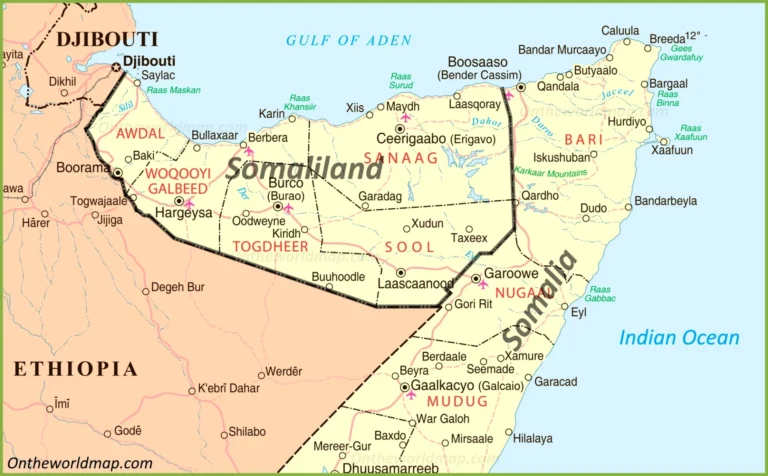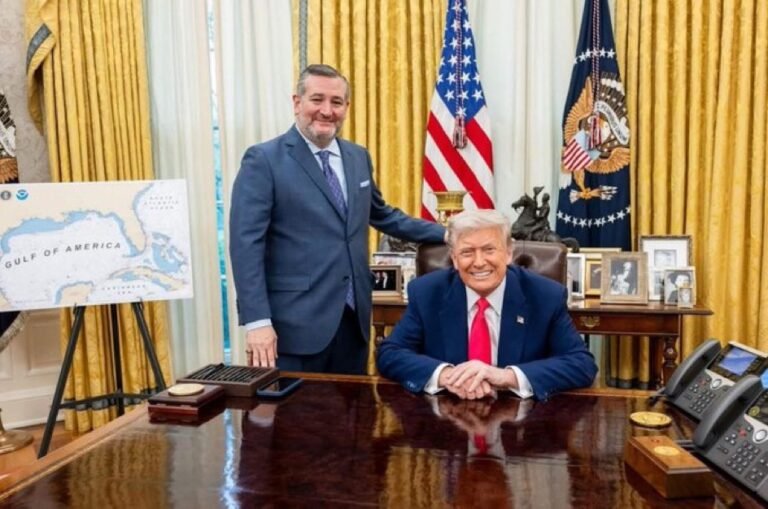
A Turning Point for Somaliland—U.S. Recognition and Control of Berbera Signal a Strategic Shift. By Prof. Nassir Hussein Kahin, Executive Managing Editor.
This week’s high-level meeting between U.S. military and diplomatic officials and both former President Muse Bihi and current President Abdirahman Abdillahi “Irro” may mark the most decisive moment yet in Somaliland’s decades-long quest for international recognition. According to well-placed sources and respected political analysts, the talks yielded far-reaching outcomes that extend beyond diplomacy—they represent a bold realignment of U.S. strategic priorities in the Horn of Africa.
One of the most consequential outcomes is the reported agreement between the U.S. and Somaliland leadership that grants full American command and control of the strategic Red Sea port of Berbera. Unlike past arrangements involving shared access or foreign competition, this deal explicitly excludes rivals such as China and Russia, both of whom have shown increasing interest in Berbera as a critical maritime chokepoint. In a region where great power rivalry is intensifying, this is not just a military move—it is a clear geopolitical declaration.
If confirmed, this agreement would represent the closing of a major transactional deal in Donald Trump’s characteristic “art of the deal” style, signaling the final stages of a significant shift in U.S. foreign policy. It also aligns with President Irro’s recent statement that the United States is likely to be the first nation to formally recognize Somaliland, a prediction that now seems increasingly plausible.
This move comes at a time of global uncertainty, with the war between Israel and Iran casting a long shadow over international diplomacy and maritime security. The Red Sea, already a vital artery for global trade, now stands at the crossroads of conflict and control. Against this backdrop, America’s consolidation of Berbera offers both a strategic outpost and a symbolic victory—an assertion of freedom of navigation and regional partnership in a time of instability.
For Somaliland, this could be the beginning of a long-overdue international affirmation of its sovereignty, built on its democratic track record, strategic value, and steadfast resilience. For the U.S., it is a pragmatic and forward-looking engagement in a region often neglected. And for the world, it could be the opening chapter of a new regional balance—one in which Somaliland finally takes its rightful place on the world stage.


